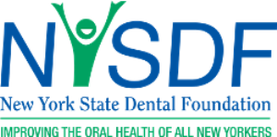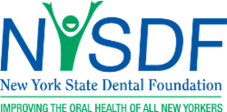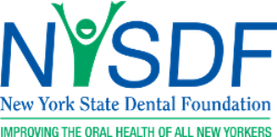New York State Dental Foundation
20 Corporate Woods Blvd. #602
Albany, New York 12211
Phone: 518-689-2772
20 Corporate Woods Blvd. #602
Albany, New York 12211
Phone: 518-689-2772
Continuing Education Inquiries:
518-689-2727
[email protected]
518-689-2727
[email protected]



